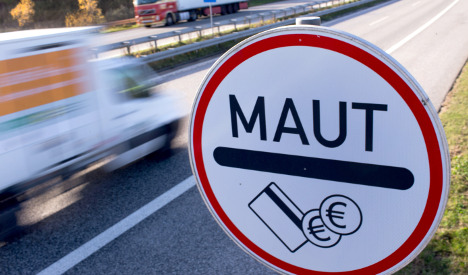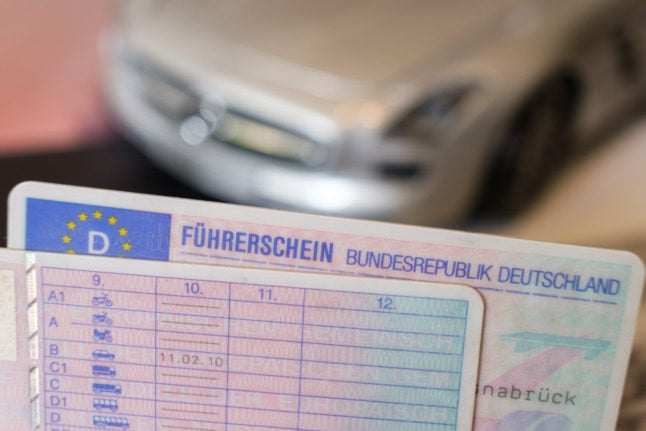The toll, passed by the German parliament (Bundestag) last year, would charge both foreign and domestic drivers on German roadways up to €130 per year, but only German residents would get a rebate on their motor vehicle taxes in exchange.
The Commission believes that this therefore unfairly discriminates against foreign drivers, including those from EU member states, therefore violating EU law.
“If a Member State wishes to make foreign users pay for the use of national roads that charge must apply to all users – foreigners and the Member State's own nationals alike,” the Commission wrote in a statement on Thursday.
“A key requirement of non-discriminatory road charges is that all users pay the same charge for using roads. Introducing a road charge for foreigners only, in law or in fact, would be discriminatory and run against the EU treaties.”
The Commission explained that it has made numerous attempts to get Germany to make changes to the law, but that its “fundamental concerns have not been addressed”.
German Transport Minister Alexander Dobrindt has long said he would be ready to confront the EU over their objections.
“Finally the Commission has taken the next step in the fight about the infrastructure toll,” Dobrindt said on Thursday, adding that he believes the Court of Justice will confirm that the toll complies with EU law.
Germany has delayed introducing the toll given the EU's opposition.
“A decision is long overdue. Brussels has already delayed the process for too long… Germany now expects a swift process so that the toll can subsequently be implemented,” said Dobrindt.



 Please whitelist us to continue reading.
Please whitelist us to continue reading.
Member comments